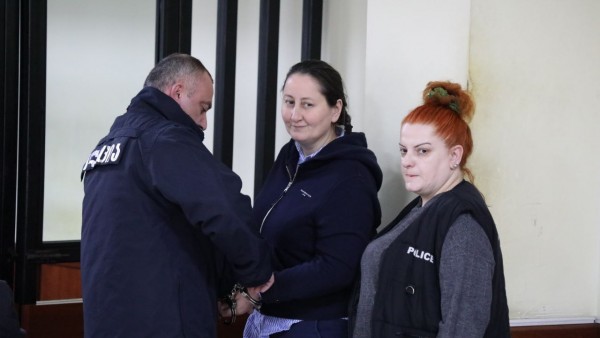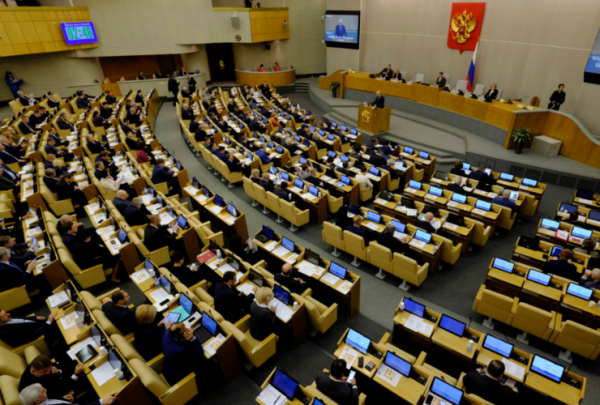As part of this year’s European Forum Alpbach, the International Press Institute (IPI) held a panel discussion titled, “Politicians Construct and Journalists Search for Reality?”, on Monday, 30 August 2010.
The IPI panel brought together prominent figures from both sides of the divide to examine the interplay and power dynamics between journalists and politicians, particularly in the context of the changing media landscape and the rise of blogs, social media, and citizen journalism.
The European Forum Alpbach, chaired by former Austrian vice-chancellor Dr. Erhard Busek, is an annual interdisciplinary conference held in the Austrian mountain village of Alpbach. In the course of two weeks, over 3,000 participants from some 40 countries are expected to attend this year’s Forum (19 August-4 September 2010), which is themed “Construction and Reality.”
Moderated by Michael Prüller, deputy editor-in-chief of the Austrian daily newspaper, Die Presse, the IPI panel comprised:
- Roy Greenslade, Media Commentator, Columnist and Blogger, The Guardian; Professor of Journalism, City University, London
- Verena Nowotny, Spokesperson, Austrian Mission to the United Nations, New York
- Lance Price, Writer, Political Commentator, and Broadcaster; Director of Communications under British Prime Minister Tony Blair, London
- Andrei Soldatov, Founder & Editor-in-Chief, agentura.ru, Moscow
- Péter Szegö, Online Journalist, hvg.hu, Budapest
Opening the panel discussion, Nowotny noted: “Both politicians and journalists have an increasing tendency to tell only one story about a person, a country, a development – and this story becomes the defining, the only, story. Thus it distorts reality, which tends to be complex, full of variety and even contradictions.”
At times, Price warned, journalists and politician “collude” to tell the same story. “[The journalists] stop chasing reality and commit themselves to a version of reality without bothering to find out if it is true,” he said.
Echoing Price, Greenslade said: “There has been a disengagement from the original notion of public service [by both journalists and politicians]. Politicians pay lip service and journalists do the same.”
The rise of new media in recent years has served to challenge the status quo. But in Russia, Soldatov said, where “the new media were considered the last stand for democracy,” for now they pose “no threat to the authorities because in most cases they are just aggregators, have no staff, and rely entirely on the few remaining independent newspapers, which are hesitant to use new media sources.”
IPI will continue its discussion on the relationship between politicians and journalists at the upcoming IPI World Congress in Vienna and Bratislava this September. In a session titled, “Reporting on Extremist Politicians – How New and Traditional Media Cover the Politics of the Extreme,” on Tuesday, 14 September, panellists will discuss how coverage of extremist political parties by new and traditional media differs, and will ask whether both risk becoming pawns in the public relations campaigns of extremist politicians. To learn more about this panel session in particular and the IPI World Congress in general, visit the Congress website: www.ipiworldcongress.com


